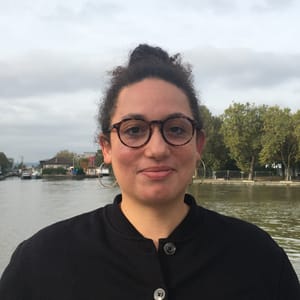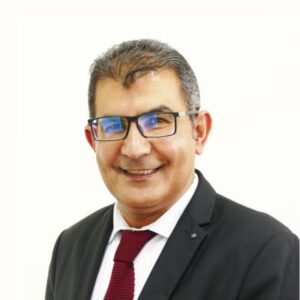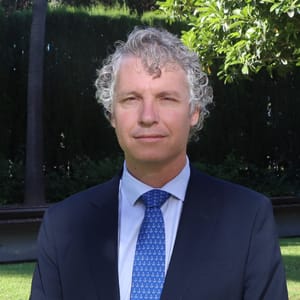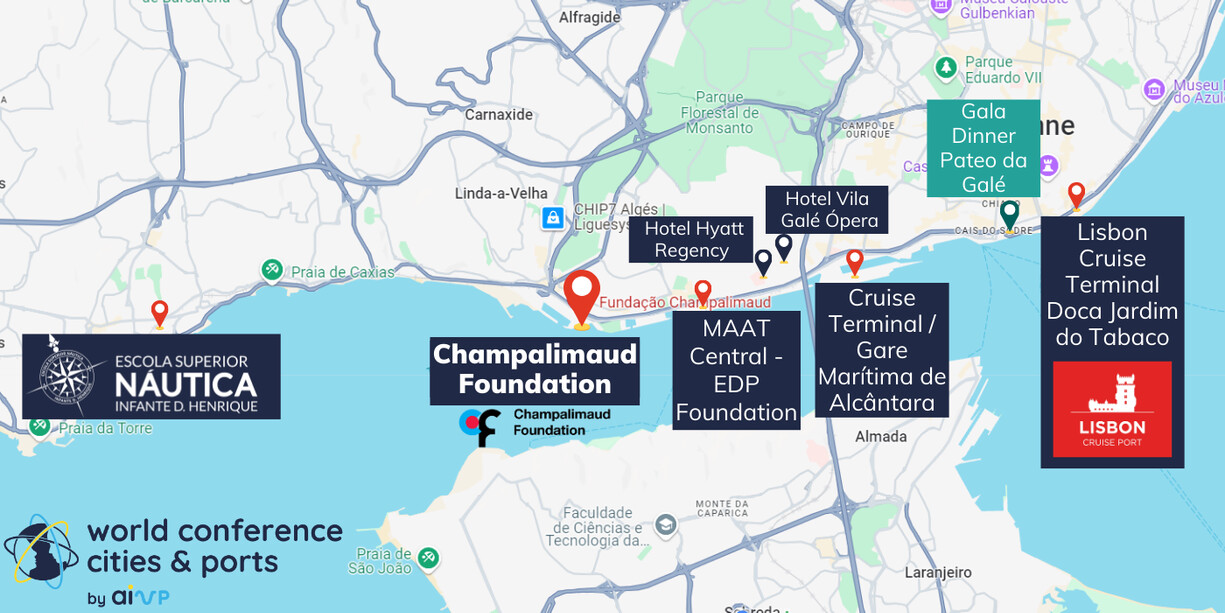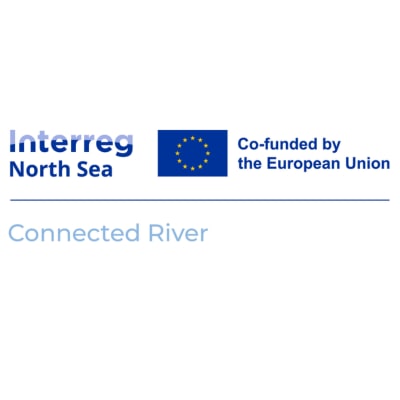River port cities are once again regaining access to their waterways. Seaports are facilitating the access to the seas and coasts.
River, estuary and coastal revitalization projects, urban development programs and new activities (commercial or leisure) bring new people and new users to the waterfronts.
However, these efforts will be in vain if they do not consider climate change and the extreme weather events that threaten them (such as floods and droughts).
With this parallel track we aim at gathering presentations addressing the port-city interface and its resilience to climate change, comparing different approaches, reflecting on river and coastal port cities.
[13:45 – 14:00] Keynote
Connected River project: using transnational cooperation and digital solutions for more adaptative and safe waterways
[14:00 – 15h10] Roundtable
How can port cities reconnect to their rivers and for which type of use?
• City of Paris, Canals Department, France
• Port Authority of Sevilla, Spain
• Port of Strasbourg, France
• Hatch, Australia
[15:10-15:40] Coffee break
[15:40-15:55] Keynote:
Pulse Project: Studying the spatial impact of port clusters
[15:55 – 17h00] Roundtable
How to improve port city integration with a diversification of uses on the interface?
• Port Authority of Valparaiso, Chile
• SAPT, Morrocco
• Port of Barcelona, Spain
[17:00-17:15] Signature of an MoU between the Port of Lisbon (Portugal) and the Port of Vigo (Spain)
[17:15-18:00] Visit of the port city interface around the Foundation Champalimaud (by foot)
After the two roundtables, we will visit the surroundings of the Foundation, to discover this very unique space sitting next to the Tagus. We will also get closer to the construction site of the Ocean Campus.














